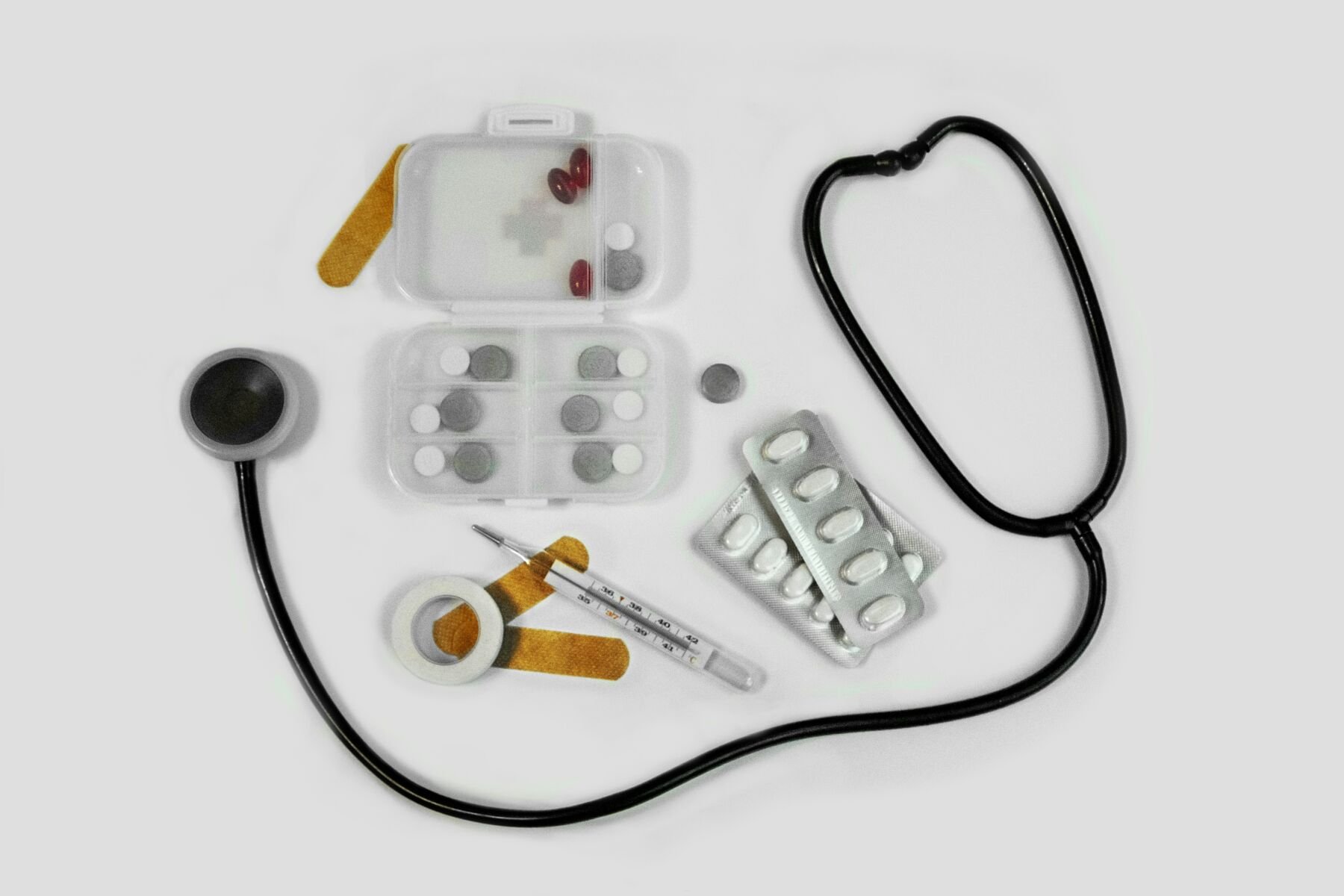Circumcision significantly reduces HIV risk in men

A recent randomised clinical trial has brought forward compelling evidence that circumcision can play a crucial role in reducing the risk of HIV infection among men who have sex with men (MSM). Conducted across eight cities in China and published in the Annals of Internal Medicine, this study included 247 uncircumcised, HIV-negative men aged 18 to 49 who predominantly practised insertive anal intercourse and had multiple male sex partners.
Participants were randomly assigned to either an immediate circumcision group or a control group where the procedure was delayed for 12 months. Throughout the study, none of the men in the intervention group contracted HIV, whereas five seroconversions were reported in the control group. This striking difference highlights the potential of voluntary medical male circumcision (VMMC) as an effective preventive measure against HIV.

The study’s design involved comprehensive measures to ensure accuracy and reliability. Rapid HIV testing was conducted at baseline and at three-month intervals up to 12 months. Behavioural questionnaires and tests for other sexually transmitted infections (STIs) were administered at baseline, six months, and 12 months. This rigorous methodology underpins the robustness of the findings, which show a significant reduction in HIV incidence among circumcised men compared to those who remained uncircumcised.
Study insights and implications
The study’s results are significant: the HIV incidence was notably lower in the circumcised group. This finding is particularly important given the high-risk behaviours reported by participants, such as multiple male sex partners and a preference for insertive anal intercourse. The researchers emphasise that while circumcision alone provides substantial protection, it should be part of a broader strategy for HIV prevention.
The authors of the study advocate for a comprehensive approach to HIV prevention that includes regular HIV testing, consistent condom use, education on reducing the number of sexual partners, and the use of pre-exposure or post-exposure prophylaxis (PrEP and PEP). This multi-faceted approach is essential to maximise protection and address the various modes of HIV transmission.

Despite the study’s promising findings, the authors note some limitations, including the small number of HIV seroconversions and the relatively short follow-up period. These factors mean that while the initial results are highly encouraging, further research with larger sample sizes and longer follow-up periods is necessary to confirm the long-term efficacy of VMMC in diverse populations.
It should be noted that the study findings can also be extended over to straight men (heterosexuals) in terms of preventing HIV risk.
Comprehensive protection against HIV
The implications of this study are far-reaching. By demonstrating the protective benefits of circumcision in a high-risk population, the research supports the inclusion of MSM in VMMC guidelines. This could lead to significant public health benefits, particularly in areas with high HIV prevalence.
However, the research team urges a holistic strategy for combating HIV. This includes:
- Condom use: Essential for reducing the risk of various sexually transmitted infections.
- Education: Programs to inform MSM about safe sexual practices and the importance of reducing the number of sexual partners.
- Regular testing: Frequent HIV testing to ensure early detection and prompt treatment.
- Prophylactic measures: Availability and use of PrEP and PEP as additional preventive tools.
This study opens up new avenues for HIV prevention among MSM, underlining the importance of including circumcision in broader HIV prevention strategies. The combination of VMMC with other preventive measures could significantly impact the global fight against HIV, particularly in high-risk communities. By embracing a comprehensive approach, public health initiatives can better protect individuals and reduce the spread of HIV, leading to healthier communities worldwide.

Minimally invasive painless circumcision using the Unicirc instrument
For male adults wanting to get circumcised and are afraid, there is a new painless and fast healing procedure for voluntary medical male circumcision (VMMC) that involves a Unicirc Instrument.
Some of the pros of this new method are that they are waterproof, involve less bleeding, have less chance of infection, are less painful, heal quicker and are best for cosmetic outcomes.
This new procedure is available by certain specialised clinics and doctors and males interested in booking an appointment, can contact Phuket Surgery to begin.
Latest Thailand News
Follow The Thaiger on Google News:


























